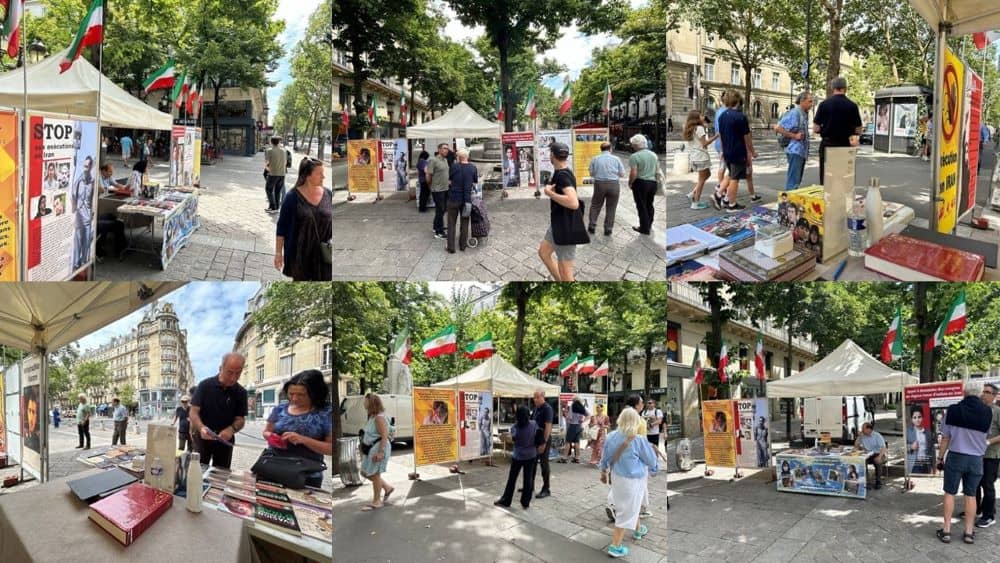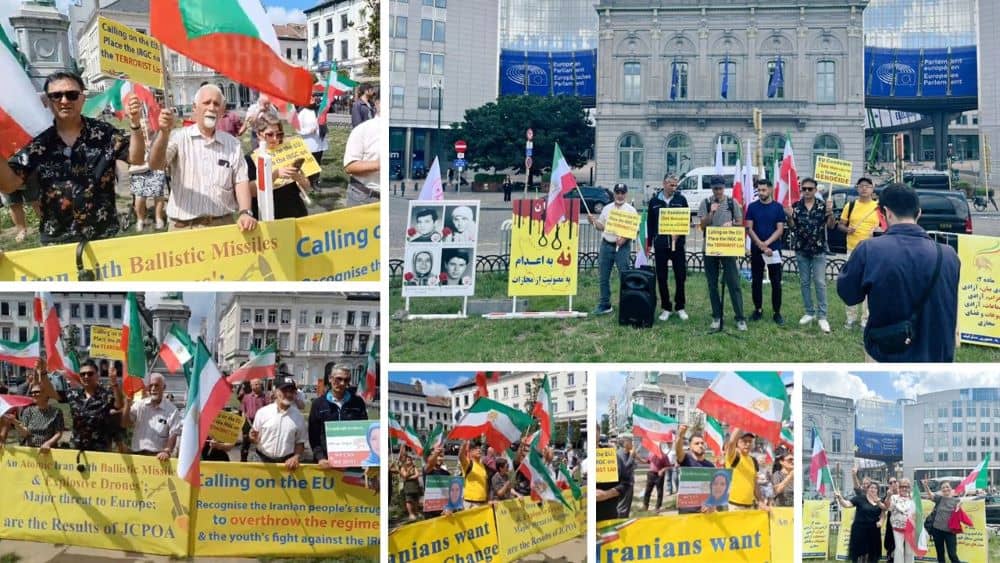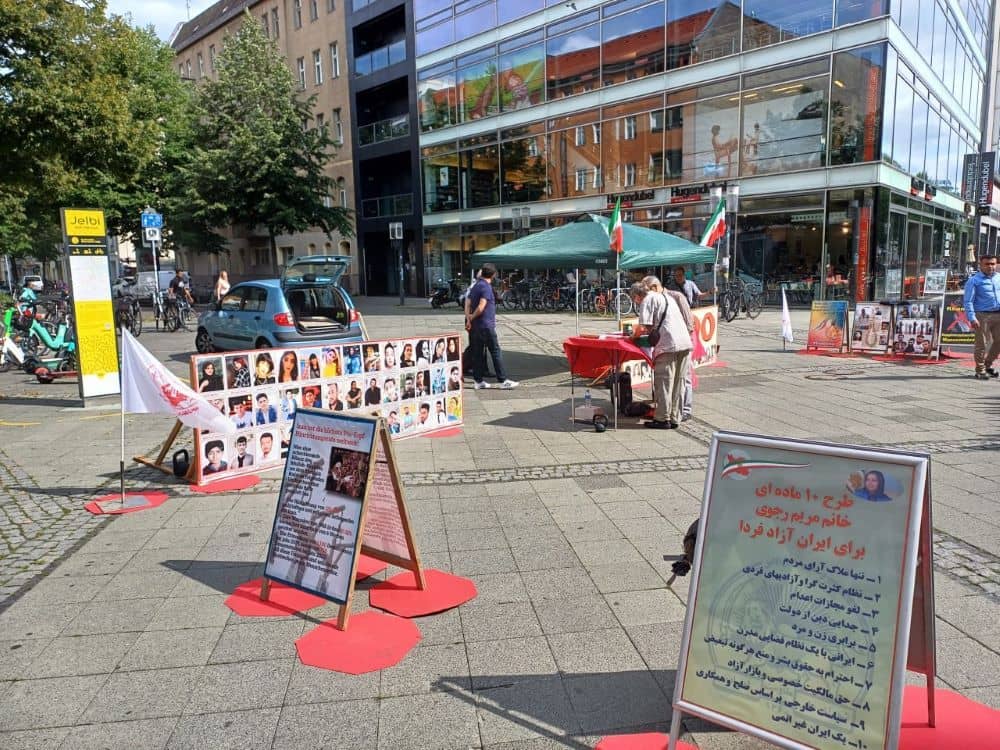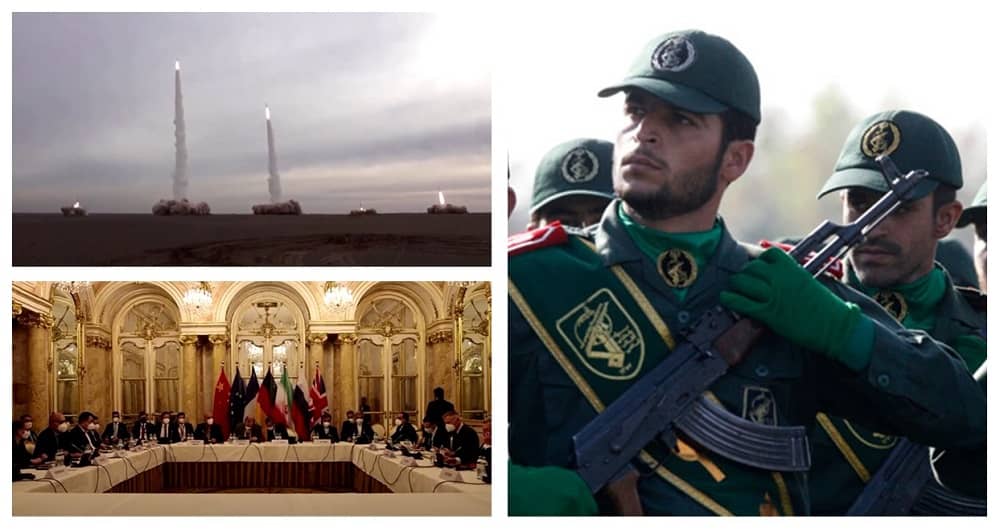
People’s Mojahedin Organization of Iran – MEK IRAN YouTube channel has published an informative video about the sticking point of Iran’s nuclear talks by the IRGC.
As follows as is the full video, and excerpt of its text:
In the past weeks, optimism over a nuclear deal with Iran’s regime has fizzled, and according to news reports and statements made by the parties involved in the ongoing talks in Vienna, the key point of tension is the removal of the Revolutionary Guards (IRGC) from the U.S. list of Foreign Terrorist Organizations (FTO).
The delisting of the IRGC has become a point of dispute not only between the parties involved in the nuclear talks, but also among regime officials and politicians in the U.S.
In recent months, reports indicated that the regime raised the stakes by requiring that the terrorist designation of the IRGC by the Trump administration in 2019 be lifted. As is evident, the terror designation of the IRGC is not related to the regime’s nuclear program, which makes it a tough sell as part of any agreement reached in Vienna.
So, why is the regime predicating any deal on the removal of the IRGC from the terror list? And why is it doing so while its officials are tying the revival of the country’s economy to the lifting of sanctions?
The reality is that the IRGC has a disproportionate share of all levers of power in Iran. It has a near-monopoly over Iran’s economy and trade. It controls the regime’s foreign policy through its network of diplomat terrorists and spies. Moreover, it has a large sway over other aspects of the regime’s policymaking. The cabinet of the regime’s current president, Ebrahim Raisi, is filled with IRGC veterans. The speaker of the Majlis (parliament) is also a former IRGC commander. Therefore, the IRGC’s terrorist designation would cast a shadow on any benefit the regime gains from a potential deal with world powers.
This is why the delisting of the IRGC has become a red line for the regime, and it is showing zero tolerance at even so much as hinting at the contrary.
For example, in a recent interview with the regime’s Channel One TV network, foreign minister Hossein Amir-Abdollahian said that senior IRGC officials “constantly remind the foreign ministry to do whatever is needed for the country’s benefit” and “if the agreement is in the country’s interests, then do not prioritize the issue of the IRGC.”
Amir-Abdollahian’s remarks were immediately met with a backlash from senior officials and politicians with close ties with regime supreme leader Ali Khamenei.
Meanwhile, in the U.S., politicians who have been pushing for the removal of the IRGC from the FTO are also having a tough time selling it at home and in the region.
The IRGC is the main body behind Tehran’s foreign terrorism and warmongering. In March, the IRGC carried out a missile attack against Erbil, Iraq. And its terrorist proxies are causing mayhem in the region.
In the past months alone, the Houthis in Yemen, funded and backed by the IRGC, have carried out several drone and missile attacks against United Arabic Emirates and Saudi Arabia.
American diplomats have tried to reassure politicians at home and abroad that they will continue to maintain a tough stance on the IRGC.
Speaking in Doha on March 27, US envoy Robert Malley said, “The IRGC will remain sanctioned under U.S. law.”
And during a visit to Israel, U.S. State Secretary Antony Blinken said, “Deal or no deal, we will continue to work together and with other partners to counter Iran’s destabilizing behavior in the region.”
At this point, the Vienna talks will depend on the West’s resolve to take a tough stance against the world’s number-one state sponsor of terrorism and its main terrorist arm, the IRGC. What is clear is that any deal that does not take a holistic approach toward the regime’s multitude of threats will—like its predecessor—be short-lived and make the region less secure.

